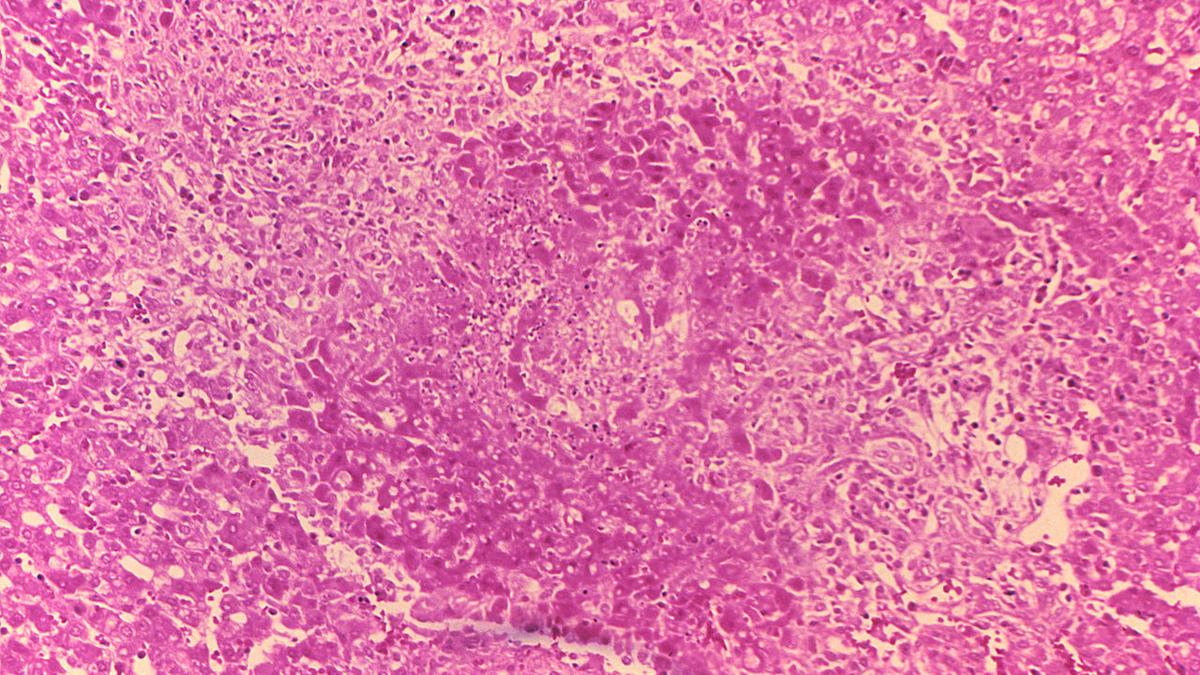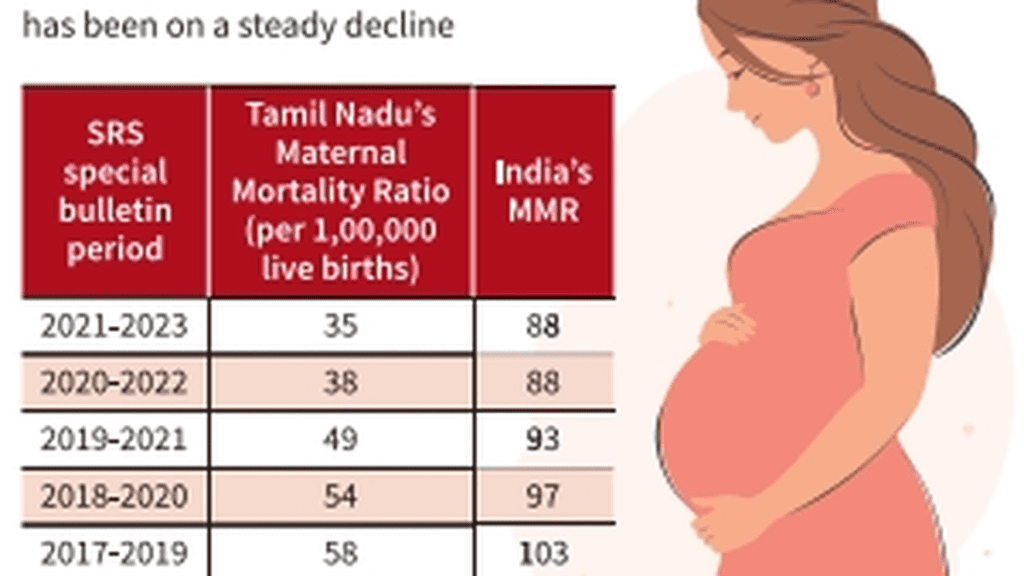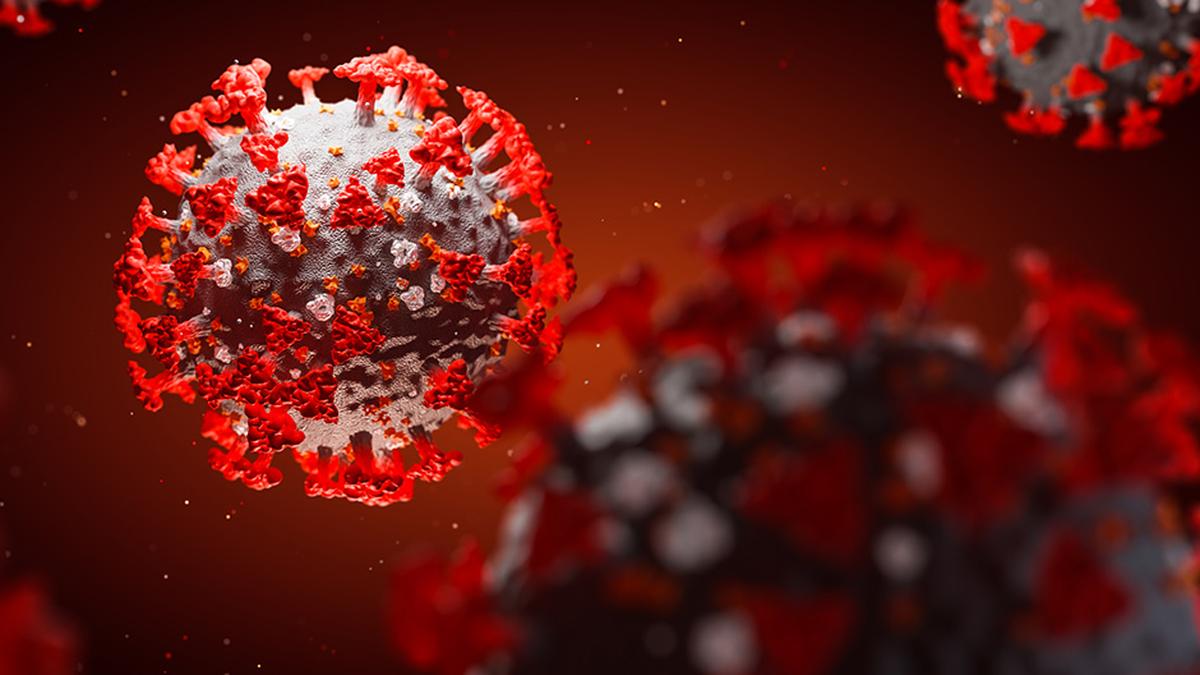What is brucellosis?

What is brucellosis?
The story so far: Shasa Fathima, an eight-year-old girl from Kottakkal in Malappuram district of Kerala died at the Government Medical College Hospital, Kozhikode, recently after undergoing around two months of treatment for brucellosis, a bacterial infection caused by consumption of unpasteurised milk. She had been earlier admitted to various private hospitals in Malappuram for treatment of fever, but was taken to the medical college hospital as there was no improvement in her condition. Detailed examinations led to the diagnosis that she had brucellosis.
According to the World Health Organisation (WHO), brucellosis is a bacterial disease caused by various Brucella species, which mainly infect cattle, swine, goats, sheep and dogs. Humans acquire it through direct contact with infected animals, by eating or drinking contaminated animal products or by inhaling airborne agents. Most cases are caused by ingesting unpasteurised milk or cheese from infected goats or sheep. Human-to-human transmission is very rare, says the WHO.
Fever, weakness, weight loss, and general a feeling of discomfort are some of the common symptoms. In many patients, they can be mild and may not get diagnosed at all. The incubation period can vary from one week to two months, but it usually lasts between two and four weeks.
It affects people of all ages. The WHO says that people who work with animals and are in contact with their blood, placenta, foetuses and uterine secretions have an increased risk of contracting the disease. This method of transmission primarily affects farmers, butchers, hunters, veterinarians and laboratory personnel.
The State has had sporadic cases from different parts in recent times. The infection was reported from Kollam and Thiruvananthapuram in July and October, respectively, in 2023. The department of Animal Husbandry had conducted awareness sessions for diary farmers and tested milk samples from milk cooperative societies. Deaths, however, are rare.
Treatment options include taking doxycycline 100 mg tablets twice a day for 45 days, and streptomycin 1 g daily for 15 days as per the advice of the doctors. Vaccination of cattle, goats and sheep is among the prevention options. Pasteurisation of milk for direct consumption and for creating derivatives such as cheese is an important step to prevent its transmission from animals to humans. Educational campaigns about avoiding unpasteurised milk products can be effective, as well as policies on its sale, says the WHO.










